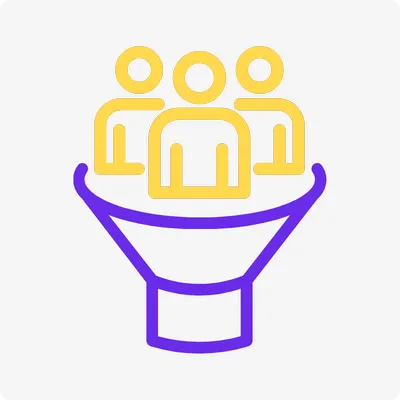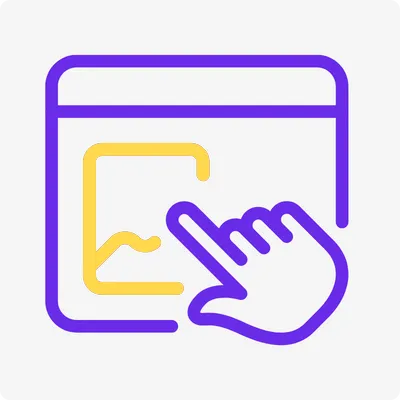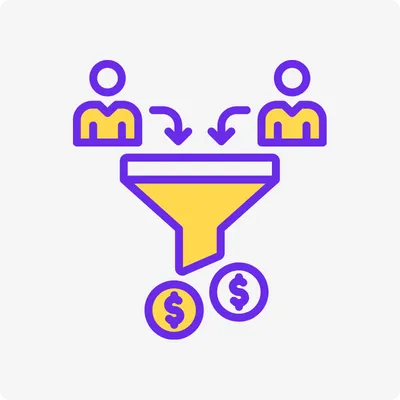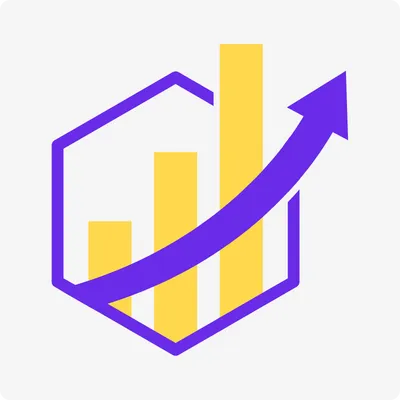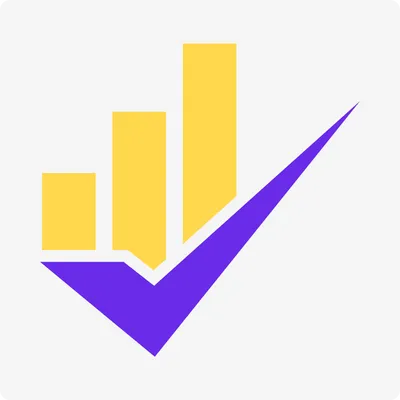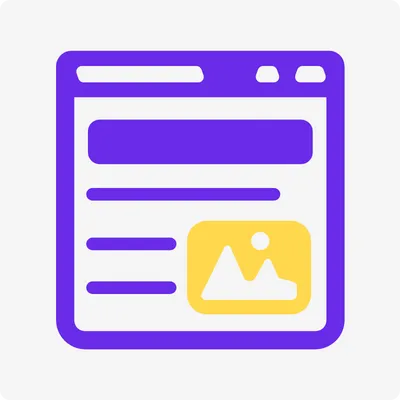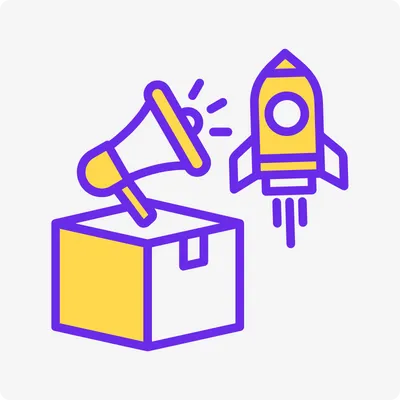
Keyword Mapping: A Step-by-Step Guide to Better SEO
Understanding Keyword Mapping
Keyword mapping is an essential part of a successful SEO (Search Engine Optimization) strategy. Keyword mapping is flagging keywords or phrases to specific pages on your website. This creates a structure for optimizing content and helping search engines understand how each page is relevant to search, improving rankings.
What Is Keyword Mapping?
Keyword mapping is the process of assigning targeted keywords to an individual page of your website. Each page should have a separate group of keywords, ensuring the content on each page is relevant and organized. This prevents another issue in SEO called keyword cannibalization. Whcih is when you have multiple pages targeting the same keyword. This usefulness is intended to improve the SEO of a website overall.
Why Keyword Mapping Is important for SEO

Better Search Engine Rankings: By using unique keywords for every page, keyword mapping allows search engines to clearly understand which content is most relevant to the user, increasing the likelihood that they will show up in the search results.
Better User Experience: If your content is planned well and easy to find, users will be able to find the information they are looking for quickly, making them more engaged and less likely to bounce away?
Clearer Content Strategy: Keyword mapping provides a clear structure for creating content, giving you a way to address all relevant topics without duplicating.
Benefits of Keyword Mapping
Better SEO outcomes: Keyword mapping encourages you to create pages for specific keywords which increases your chances of ranking on search engines.
Better user experience: Keyword mapping makes it easier for users to pull up relevant content vs search through your whole blog. This leads to improved engagement with your content and lower bounce rates.
Better content: Keyword mapping forces you to group your content around specific keywords, and this helps give your content a logical shape, which is valuable for users and search engines.
Even better content strategy: Keyword mapping will reveal any gaps or opportunitise within your content and if your site is covering all topics of relevance to users comprehensively.
How to do Keyword Mapping? Follow These Steps:

1. Conduct Keyword Research
Start with researching the keywords which are relevant for your industry and audience.
Utilise tools such as Google Keyword Planner and SEMrush to find high-volume/low-competition keywords.
2. The Grouping of Your Keywords
Group your keywords into clusters based on relevance to topics or themes.
Grouping keywords is valuable because you will be able to plan the content around that grouping (category) and you will also be able to make it easier to map to pages you identify that you want that content to go on.
3. Map Your Keywords to Pages
Assign each keyword cluster to the pages of your website that make sense for each cluster. This includes ensuring the keywords are going to be as relevant as possible to the content of the page and the each page has a distinct focus.
4. Optimize Your Page Content
At this point, you have mapped out your keywords and you are ready to optimize the page titles, meta descriptions, headers and body content of all your pages to naturally include those keywords as you craft your web content.
Like I have mentioned before, you do not want to simply dump keywords into each file and make them unreadable and unusable.
5. Monitor and Adjust
Be sure to look at how your keyword mapping and keyword mapping strategy is performing periodically with Google Analytics and Google Search Console.
As long as you are able to, modify as you move forward based on the performance data available to you so that you are ensuring you are able to continue to rank your pages well over time..
Using Keyword Mapping for SEO Success
Keyword mapping is an integral way to better your site's SEO (Search Engine Optimization). At the end of this step-by-step instruction, you will have a concise, organized content plan that will create a better user experience, and therefore better search engine ratings.
Let's start keyword mapping today and you'll see an obvious increase in your site's efficacy!








